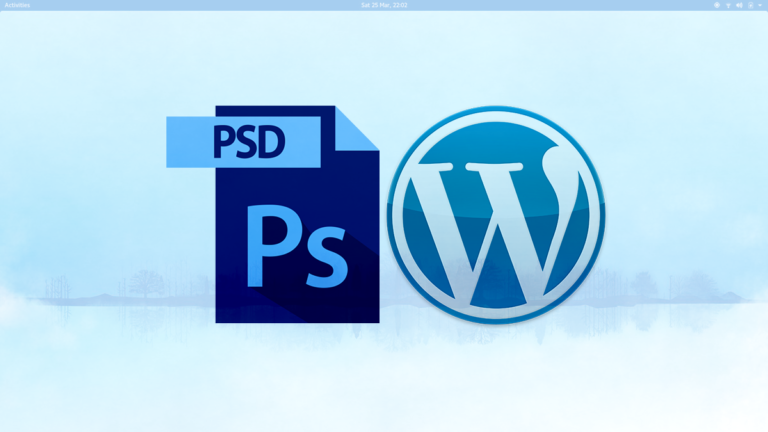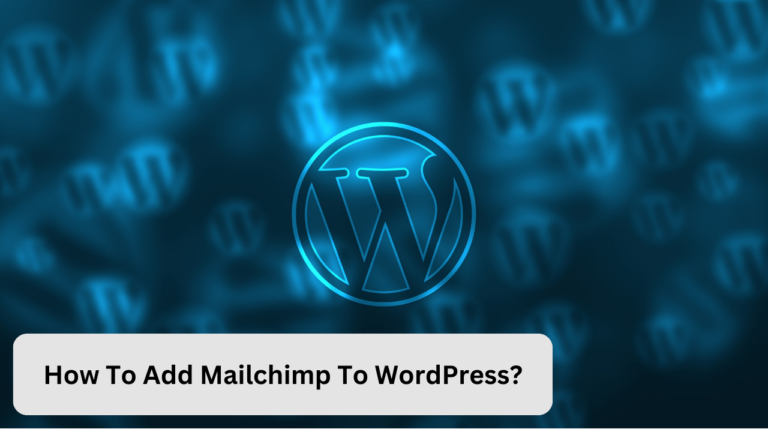Content Management Systems (CMS) play a crucial role in the success of many websites, serving as their backbone. With a plethora of options in the market, selecting the most suitable one for your needs can be a daunting task. Among the leading CMS platforms are WordPress, Drupal, and Joomla, each boasting unique features, strengths, and weaknesses.
This article will delve into a comprehensive comparison of WordPress, Drupal, and Joomla, evaluating them based on key parameters such as ease of use, customization capabilities, security, support, cost considerations, and overall popularity.
WordPress
WordPress is a highly popular and user-friendly content management system (CMS) that powers a significant portion of websites on the internet. Known for its simplicity and versatility, WordPress is an open-source platform that allows users to create and manage websites without extensive coding knowledge. It features a vast ecosystem of themes and plugins, enabling easy customization for various purposes, from blogs and business sites to e-commerce ventures. Its intuitive dashboard, regular updates, and extensive community support make it an ideal choice for beginners and experienced users alike, contributing to its widespread adoption across a diverse range of online projects.
Joomla
Joomla! stands out as a widely embraced website software, owing its popularity to a global community of dedicated developers and volunteers. This collective effort ensures that the platform remains user-friendly, highly extendable, multilingual, accessible, responsive, and optimized for search engines, among other features. The collaborative contributions of individuals worldwide play a pivotal role in enhancing Joomla!’s capabilities and maintaining its position as a versatile and dynamic website solution.
Drupal
Drupal is a robust and highly customizable open-source content management system (CMS) renowned for its flexibility and scalability. Suited for complex and enterprise-level websites, Drupal empowers users to create and manage content with advanced features. Its modular architecture allows for extensive customization, making it a preferred choice for developers seeking unparalleled control over website functionality. Drupal excels in handling large amounts of data and offers strong security features. Though it has a steeper learning curve compared to some other CMS platforms, Drupal is a powerful solution for creating sophisticated websites with intricate requirements.
Comparison Table
| Feature | WordPress | Joomla | Drupal |
|---|---|---|---|
| Ease of Use | Beginner-friendly with an intuitive interface | The intermediate level requires some learning | More complex, steeper learning curve |
| Customization | Extensive theme and plugin ecosystem | Good flexibility; may require some coding | Robust customization, suitable for complex projects |
| Security | Regular updates; targeted by hackers due to popularity | Strong security features, proactive team | Generally considered the most secure |
| Support & Community | Large and active community; extensive documentation | Strong community support; smaller than WordPress | Supportive community, smaller than WordPress |
| Cost | Open-source and free; additional costs for premium themes, plugins, and hosting | Open-source and free; additional costs for templates, extensions, and hosting | Open-source and free; development costs may be higher |
| Popularity | Most popular CMS globally, widespread adoption | Less popular than WordPress, but widely used | Less widespread, preferred for complex projects |
| Ideal for | Blogs, small to medium-sized websites, ease of use | Community websites, e-commerce, medium complexity | Enterprise-level websites, complex projects |
WordPress vs Joomla vs Drupal
WordPress, Joomla, and Drupal are three prominent Content Management Systems (CMS) that cater to diverse user needs. Let’s compare these platforms across various aspects:
Ease of Use
WordPress: Widely known for its user-friendly interface, making it accessible for beginners. The installation process is straightforward, and the dashboard is intuitive.
Joomla: Intermediate level of complexity, steeper learning curve compared to WordPress. Suitable for users with some technical understanding.
Drupal: Generally considered more complex and developer-oriented. Requires a higher level of technical proficiency, making it less user-friendly for beginners.
Customization
WordPress: Extensive theme and plugin ecosystem, offering a wide range of options for customization without the need for coding skills.
Joomla: Provides a good level of flexibility but may require some coding knowledge for in-depth customization.
Drupal: Known for its robust customization capabilities, suitable for complex and highly customized websites. Requires advanced technical skills.
Security
WordPress: Being the most popular CMS, it’s often targeted by hackers. However, regular updates and a vast community contribute to improved security.
Joomla: Strong security features and the platform is known for its proactive security team. Regular updates are essential for maintaining security.
Drupal: Generally considered the most secure among the three, with a dedicated security team and a strong focus on best practices.
Support and Community
WordPress: Enormous community support, extensive documentation, and a plethora of forums and tutorials.
Joomla: A strong community offering support forums, documentation, and resources. Smaller than WordPress but still robust.
Drupal: Known for a supportive and knowledgeable community, though smaller than WordPress. The official documentation is comprehensive.
Cost
WordPress: Open-source and free to use. Additional costs may arise from premium themes, plugins, and hosting.
Joomla: Open-source and free. Similar to WordPress, additional costs may include templates, extensions, and hosting.
Drupal: Open-source and free. However, development costs might be higher due to its complexity and the need for advanced technical skills.
Popularity
WordPress: The most popular CMS globally, powering a significant portion of websites on the internet.
Joomla: Less popular than WordPress but still widely used, especially for community and e-commerce websites.
Drupal: Less widespread than WordPress and Joomla but preferred for enterprise-level and complex websites.
Which is the better CMS Platform
The choice between WordPress, Joomla, and Drupal depends on individual needs and preferences.
WordPress is often favored for its user-friendly interface, extensive plugin ecosystem, and versatility, making it an excellent choice for beginners and smaller websites.
Joomla strikes a balance between ease of use and flexibility, making it suitable for community websites and e-commerce platforms.
On the other hand, Drupal stands out for its robust customization capabilities and security features, making it ideal for complex, enterprise-level projects.
Ultimately, the “better” CMS platform depends on the specific requirements of the website, the user’s technical proficiency, and the level of customization needed for the project.
Final Thought
In conclusion, the choice between WordPress, Joomla, and Drupal boils down to the unique needs and priorities of the website project. WordPress excels in simplicity and versatility, Joomla finds its strength in a balance between user-friendliness and flexibility, while Drupal stands out for advanced customization and security. Consider the scope and complexity of your project, your familiarity with each platform, and the level of customization required. Each CMS has its strengths, and the best choice is the one that aligns most closely with your specific goals and technical expertise.
Interesting Reads:
Why Your Business Needs a Website








